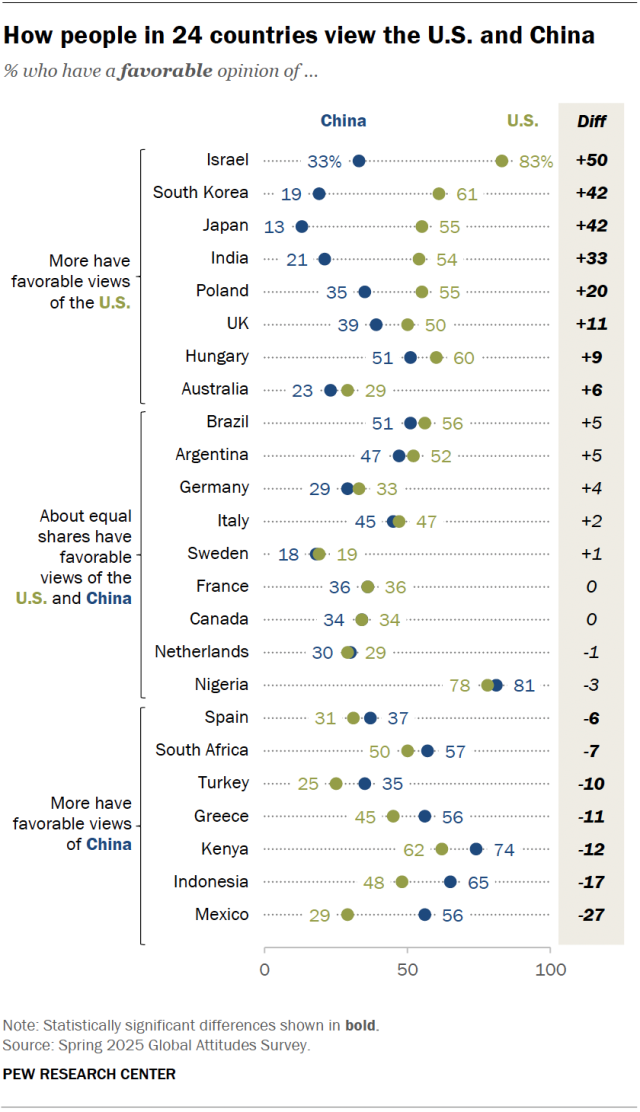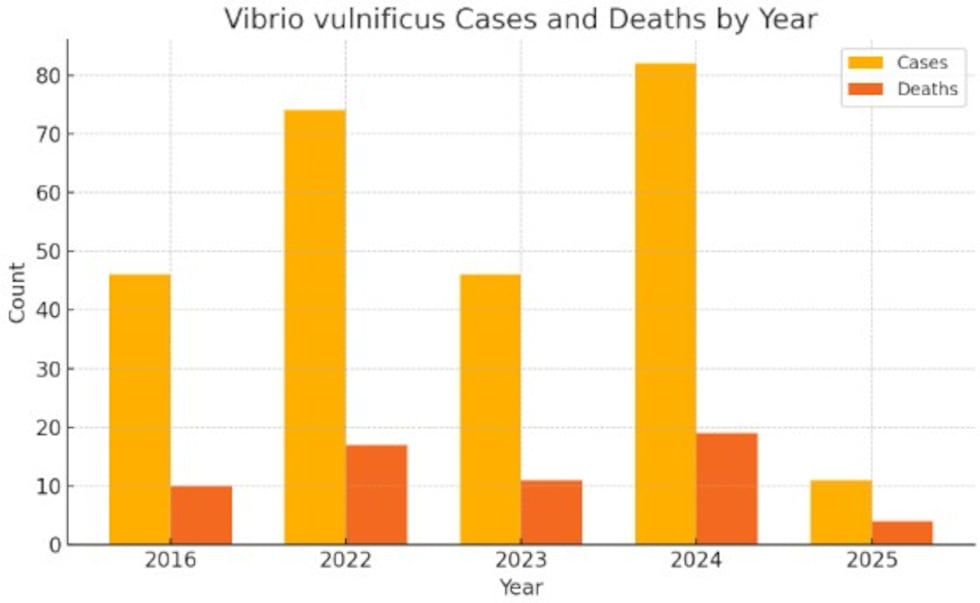A multi-national research team consisting of scientists from Indonesia, Australia, and the United States is on a captivating expedition in the beautiful Riau Islands in Indonesia. Their mission is to uncover the mysterious habitat of one of the world’s most endangered creatures—the Clown Wedgefish. The Clown Wedgefish, belonging to the Rhinidae family, has a unique flattened body shape, resembling a mix of a shark and a ray. Its striking feature is its broad, wedge-shaped head, which gives it its name. These creatures are known for their intricate coloration, with dark spots and bands resembling clown-like markings that aid in camouflage in their sandy or muddy habitats.
An international team of researchers have joined a collaborative fieldwork program in the Riau Islands of Indonesia to learn more about the critically endangered Clown Wedgefish.
Zaidi
Until now, the Clown Wedgefish has evaded scientific research, with sightings limited to fish markets in Singapore and Jakarta. However, the discovery of social media posts by local fishers has led to the identification of a potential habitat in the southwest Riau Islands, sparking this ambitious research mission. Scientists from Charles Darwin University, the University of Southern Mississippi, and Universitas Maritim Raja Ali Haji have joined forces to unveil the secrets of the Clown Wedgefish and develop conservation strategies. Dr. Peter Kyne, Senior Research Fellow at CDU, highlights the importance of understanding the habitat of the Clown Wedgefish to protect its declining population from the impacts of fishing.
The research team recently set off for Singkep Island in Indonesia, one of the suspected strongholds of the Clown Wedgefish. Led by Associate Professor Dr. Nicole Phillips and graduate student Emma Humphreys, they employed targeted environmental DNA water sampling techniques to detect the presence of the species. The team collected samples from various sites around the island, utilizing the fact that fish release DNA through their scales, mucus, and excrement. These samples will be screened to identify DNA from the Clown Wedgefish, helping pinpoint their habitat.
This research not only enhances our understanding of the Clown Wedgefish but also supports the Ph.D. project of Benaya Simeon from CDU. Simeon’s work aims to investigate the geographic range, habitat, and threats faced by this elusive species. As part of her Ph.D., Simeon plans to engage with local fishers and traders to gain insights into their interactions with the Clown Wedgefish. The research team is also collaborating with local community members who closely monitor the appearance of these fish in fish markets.
This elusive critter has long eluded scientific scrutiny, with sightings confined solely to fish markets in Singapore and Jakarta. However, the recent discovery of social media posts by local fishers hinted at the Clown Wedgefish’s potential habitat in the southwest Riau Islands of Indonesia—a revelation that has spurred this ambitious research mission. (Wedgefish not pictured here)
NurPhoto via Getty Images
Supported by the Save Our Seas Foundation, this international collaboration aims to secure a brighter future for the Clown Wedgefish. With each water sample and field expedition, these dedicated scientists are getting closer to unraveling the secrets of this elusive creature’s hidden world. Their efforts ensure that the Clown Wedgefish remains an integral part of our oceans for generations to come.














